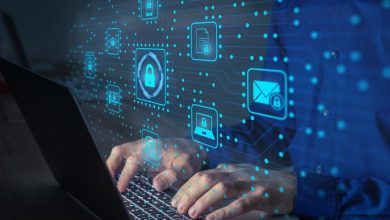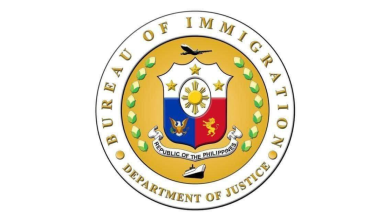The Dubai Diabetes Centre, DDC, announced today that they are conducting a study on the effectiveness of virtual health-follow ups for patients using home-monitoring devices, mobile technologies and software to track daily patient data and plan interventional strategies in real-time to avoid complications of the disease.
The study was announced during the visit to the centre of Humaid Al Qutami, Director-General of the Dubai Health Authority.
Al Qutami said, “At the DHA, we aim to continue employing various technologies that fit the nuances of the healthcare landscape in the Emirate to empower patients by providing them with timely assistance and follow-up and thus leading to improved personalised patient care. We are keen to continue medical research especially in the field of healthcare and technology to help empower patients and further improve patient care and compliance.”
RELATED STORY: UAE to ease processing of health insurance claims this 2021
Dr. M. Hamed Farooqi, Director of the Dubai Diabetes Centre said, “Diabetes is a chronic disease, one that needs regular follow-up to avoid complications. In general, over time, patient compliance reduces and they tend to miss follow-up appointments and healthcare providers need to constantly remind patients to adhere to their follow-up schedule. Even a gap of three to six months of no-follow up can be severely detrimental to diabetic patients.”
He said the study will continue until the end of December and the aim is to evaluate the effectiveness of telemonitoring devices. For this study, the DDC coordinated with Cognitive Healthcare International, CHI, and they designed the devices and software based on the DDC’s requirements for the study.
Forty patients were selected for the study. They were provided with four home-monitoring devices such as a blood pressure monitor, a blood glucose monitor, heart rate monitor and pulse oximeter. Additionally, they were provided with a pill box which has their medications which beeps every day at the time the medicine needs to be taken. If they do not take the medicine on time or miss the medicine, the data is immediately sent to the centre.
The patients were also given a mobile phone which needs to be placed close to the devices at the time the patient uses these home-monitoring devices.
Dr. Farooqi said, “The mobile has the software which captures all the patient data and automatically sends it to our centre. In the data room, the data gets automatically triaged as green, yellow and red based on Artificial Intelligence. Green means the results are fine, yellow means the readings are slightly abnormal and red means that the levels are such that the patient needs intervention. If the data falls under the yellow category, the patient is automatically sent a push notification, which informs him that the results are slightly abnormal, and therefore the patient needs to take the necessary measures as already advised by healthcare providers. If the data falls under the red category, the patient gets a call from DDC and the healthcare provider can provide a phone consultation or request them to visit the centre for further consultation.”
“At the end of every week, the doctor receives a weekly patient report for each patient,” Dr. Farooqi says.




